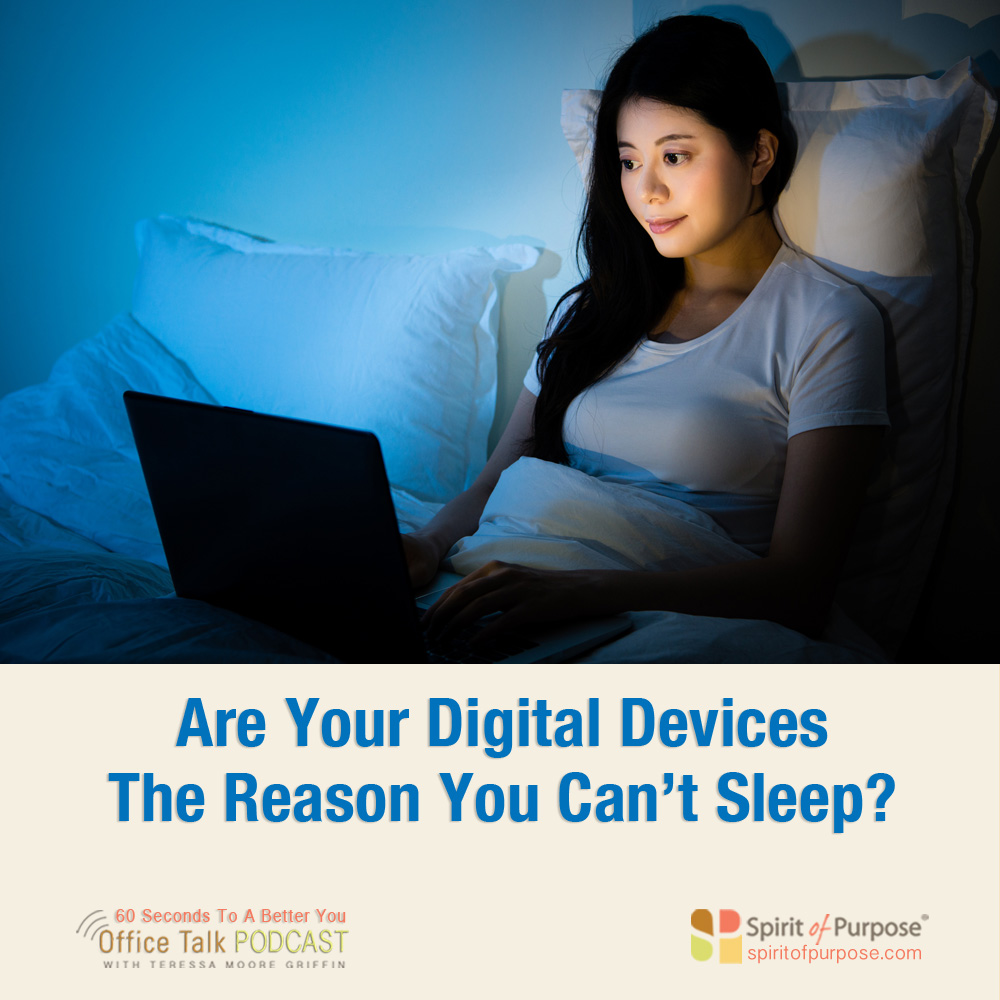PODCAST: Devices Could Be Keeping You Awake At Night
Can’t Sleep? This May Be Why.
There is nothing better than a good night’s sleep. But, if you’re struggling to sleep at night, a University Of Houston College of Optometry study says your smartphone, tablet or flat screen TV might be to blame.
For two weeks, study participants wore short wavelength-blocking glasses three hours before bedtime during their nightly routine. Researchers found that more than half increased their melatonin levels – the chemical that tells your body it’s time to sleep. Increases were even higher than from over-the-counter melatonin supplements.
Study participants reported falling asleep faster and sleeping better. Activity and sleep monitors recorded increased sleep duration. Since our devices aren’t likely to go away, Dr. Lisa Ostrin, who led the study, suggests limiting screen time, wearing computer glasses that block blue light or anti-reflective lenses to offset effects of artificial light at night.


